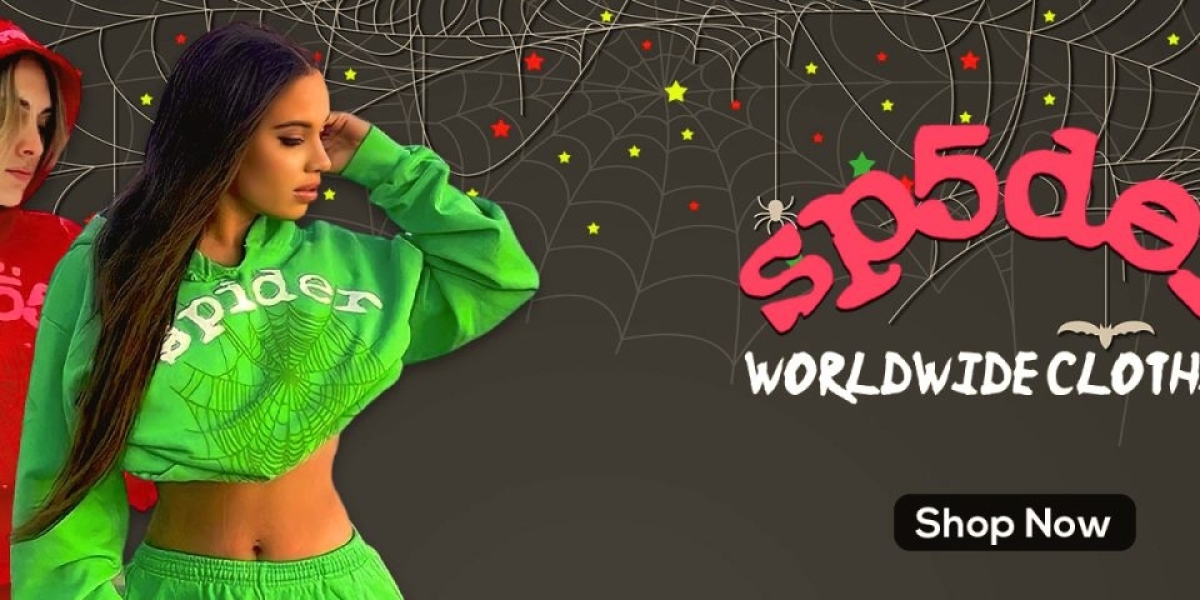The Baby Swaddling Market is gaining remarkable traction globally as parents increasingly prioritize infant comfort, safety, and sleep quality. Driven by heightened awareness of proper newborn care and supported by innovations in fabric, design, and function, the market is poised for strong, sustainable growth over the next decade.
Swaddling—an age-old practice to soothe and calm infants—is now backed by modern science, making it a staple for new parents across developed and emerging economies alike. The surge in nuclear families and dual-income households has further boosted demand for convenient and functional baby care products, including swaddles.
As design-conscious, health-focused parents seek ergonomic and breathable swaddling options, manufacturers are responding with advanced materials and adjustable wraps that cater to modern lifestyle needs.
Key Drivers Fueling Market Expansion
Several core factors are accelerating the growth of the Baby Swaddling Market:
Growing Parental Awareness: Rising knowledge about infant sleep safety and benefits of swaddling, such as reduced startle reflex and improved sleep duration.
Product Innovation: Availability of eco-friendly, skin-safe fabrics like organic cotton and bamboo fibers that ensure comfort and breathability.
E-Commerce Boom: Online platforms make a wide range of swaddling solutions accessible to parents globally, supporting market expansion beyond urban centers.
Request a Sample Report: https://dataintelo.com/request-sample/147238
Restraints Hindering Market Growth
Despite the positive outlook, the Baby Swaddling Market faces some limitations:
Safety Concerns: Improper swaddling techniques may increase the risk of hip dysplasia or suffocation, leading some parents to avoid swaddling altogether.
Short Usage Window: Swaddles are primarily used for newborns up to 2-3 months, limiting repeat purchases and long-term utility.
Cultural Variability: In certain regions, swaddling is either less prevalent or has fallen out of favor due to traditional or modern parenting approaches.
These challenges can be addressed through awareness campaigns and innovations in safe-design swaddle products.
Emerging Opportunities Across Demographics
Opportunities are abundant for stakeholders in the Baby Swaddling Market:
Eco-Conscious Product Lines: Increasing demand for sustainable baby products opens doors for organic and biodegradable swaddle solutions.
Customization and Gifting Trends: Personalized swaddles with names or birth details are gaining popularity in the baby shower and gifting segments.
Expansion in Developing Nations: With rising birth rates and healthcare awareness, markets in Asia-Pacific, Africa, and Latin America present high growth potential.
View Full Report: https://dataintelo.com/report/global-baby-swaddling-market
Market Valuation and Growth Forecast
According to Dataintelo, the global Baby Swaddling Market was valued at USD 1.4 billion in 2024 and is projected to reach USD 2.3 billion by 2032, growing at a CAGR of 6.3% during the forecast period. This upward trajectory is driven by the shift toward premium, health-conscious baby care solutions.
Key Growth Highlights:
Urban working parents are leaning toward adjustable swaddling wraps that simplify nighttime care routines.
Hospitals and maternity centers are adopting swaddling practices to promote infant health from birth.
Rising middle-class incomes in emerging markets are increasing demand for baby care products, including premium swaddles.
Regional Outlook: Market Insights by Geography
Growth trends across key regions highlight the global appeal of the Baby Swaddling Market:
North America: Leads in innovation and demand due to high awareness and hospital-driven infant care programs.
Europe: Follows closely with strong preference for eco-certified, minimalistic baby products.
Asia-Pacific: Offers exponential potential due to high birth rates, growing disposable income, and e-commerce accessibility.
Manufacturers and distributors are increasingly localizing product designs and marketing strategies to appeal to cultural preferences and climate-based fabric choices.
Check Out the Report: https://dataintelo.com/checkout/147238
Market Segmentation Overview
The Baby Swaddling Market is categorized based on product types, materials, age groups, and distribution channels:
By Product Type:
Swaddle Blankets
Swaddle Wraps with Velcro/Zippers
Convertible Swaddles
By Material:
Cotton
Bamboo Fiber
Muslin
Blended Fabrics
By Age Group:
0–3 Months
3–6 Months
By Distribution Channel:
Online Retail (E-commerce platforms)
Offline Retail (Maternity stores, Pharmacies, Supermarkets)
The most sought-after products are adjustable, breathable, and easy to use—offering peace of mind for new parents navigating sleep routines.
Innovations and Design Trends
Recent product innovations are reshaping the Baby Swaddling Market:
Smart Swaddles: Integrating temperature regulation, heart rate monitors, and sleep tracking.
Dual-Purpose Designs: Swaddles that convert into blankets or wearable sleep sacks for longer utility.
Ergonomic Engineering: Designs that support hip health and allow for natural limb movement.
Moreover, visual appeal through playful patterns, themed prints, and neutral tones adds to consumer preference, making swaddles not just functional but fashionable.
Strategic Recommendations for Stakeholders
To succeed in the evolving Baby Swaddling Market, brands and investors should:
Prioritize Safety Certifications: Highlight compliance with pediatric health standards to build consumer trust.
Tap into Online Parenting Communities: Influencer marketing and user-generated content help build brand credibility and visibility.
Expand into Emerging Markets: Introduce affordable, yet high-quality swaddles to reach first-time parents in developing economies.
Bundle with Complementary Products: Offering swaddle sets with mittens, beanies, or sleepwear can increase basket size and customer loyalty.
Request a Sample Report: https://dataintelo.com/request-sample/147238
Conclusion: Wrapping the Future of Infant Comfort
The Baby Swaddling Market is steadily evolving as a vital segment in the infant care industry. With increasing attention to newborn sleep quality, safety, and convenience, swaddles have become more than a parenting tradition—they are now a lifestyle essential.







